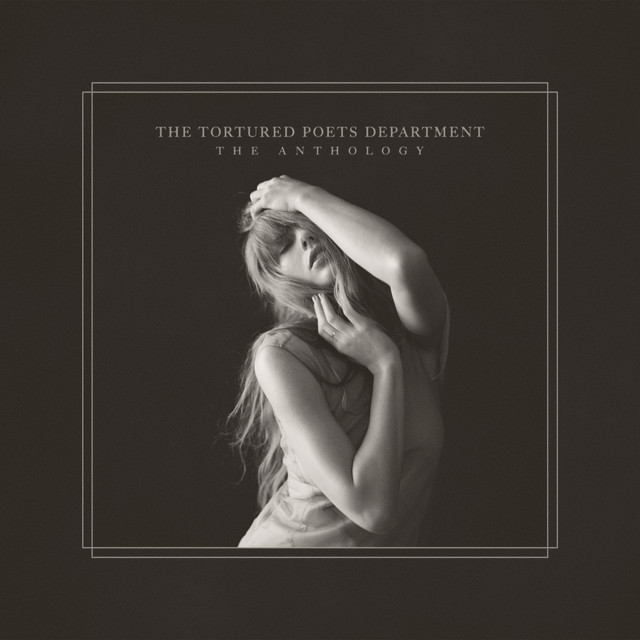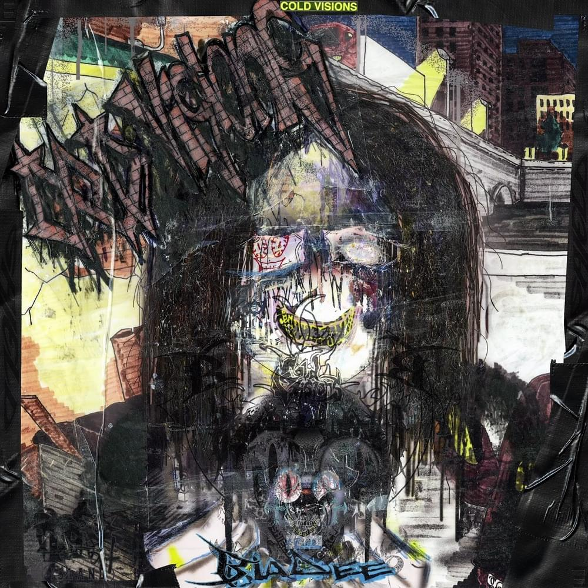Leave it to Björk to go from one subject matter on one album to its complete and utter opposite on her next. The Icelandic songstress’ last album, 2011’s “Biophilia,” focused almost entirely on her fascination with the laws of science and how they play into the ways of the universe.
It was an album that could not have looked further outward – with sky-gazing lyrics and instrumentation that were at times distant to a fault. With its extensive iPad app tie-in, “Biophilia” seemed to be so focused on being a piece of technology that it sometimes forgot to be an actual album.
On “Vulnicura” however, the subject matter snaps – painfully – back to earth. A song cycle detailed, with gut-wrenching candor, the demise of Björk’s longtime relationship with artist Matthew Barney. “Vulnicura” is a breakup album in the truest sense of the word. Musically, it is mournful and cavernous. Lyrically, it is simply devastating – with every stage of the relationship’s demise on prominent display.
As always, the beats Björk creates – with the help of renowned Venezuelan producer Arca – sound entirely like the future, creating the perfect amount of space for her tortured vocals. The other prominent musical feature of the album though, reaches back to past centuries.
The strings that are a constant presence throughout “Vulnicura” intensify the album’s most painful moments. When put together, the two elements work fluidly together, always giving each other enough room to make their own statements alongside Björk’s.
“Vulnicura” was originally intended for a March release, but its leaking led to the album being rush-released on Jan. 20. Though it is unfortunate that “Vulnicura” was leaked before Björk intended for it to be heard, it was a fortuitous twist of events in other ways.
Make no mistake, this is not an album of danceable summer jams. It’s an album of nine scattered slow burners, each operating in its own, massively scaled sonic world. With its self-examination, glacial tempos and dark lyrics, this is the sort of record that makes the most sense in the dead of winter. It definitively examines the end of a relationship and its immediate aftermath and is a record that demands to be pondered and listened to alone.
Opener “Stonemilker” has a musically optimistic tone compared to the rest of the album, but the bright strings that provide the song’s main melody are a bit misleading. Even right off the bat, the listener is cast right into the throes of what is clearly a declining relationship. “Moments of clarity are so rare / I better document this,” Björk croons over the song’s lonely strings.
One can sense a bit of restrained optimism in Björk’s tone and singing on “Stonemilker,” but right from the start of “Lionsong,” even that smidgeon of optimism is fading. Entirely unaccompanied, Björk’s lonesome voice opens the track by singing “Maybe he will come out this / maybe he won’t / somehow I’m not too bothered either way.”
But just when it seems that she has moved on, Björk spends the entirety of the devastatingly spare “History of Touches” searching for answers. “I wake you up in the middle of the night / to express my love for you,” Björk croons at the song’s beginning. During the song, she seems to realize that the romantic history her and her partner have shared have become just that – history. It is a powerful realization, one that perfectly sets the stage for the album’s centerpiece, “Black Lake.”
From the opening drawn out chord changes of “Black Lake,” one gets the immediate sense that Björk has nothing left of her relationship to cling on to, and that she is now alone. The 10-minute song is a stunning exploration of her feelings of emotional emptiness. It rises and falls with Björk’s own feelings, shifting from a strings-led ballad one minute to an EDM piece the next.
Musically and lyrically, it shares quite a bit of DNA with “Family,” which is equally as lengthy and deep. With some of the album’s most unique musical moments, including a startling cello solo around the halfway mark, “Family,” shows Björk at both her most lost and her most angry. “Is there a place / where I can pay respects / for the death of my family?” she asks, sounding accusatory, confused and desperately sad.
To say that those two tracks, clocking in at a combined 18-plus minutes, are an emotionally taxing listen would be the understatement of the century. That is why the fascinating rhythms and restlessness of “Notget” are such a refreshing change of pace and tone.
“Atom Dance” is also off-kilter, with nervy strings and Antony Hegarty’s unmistakable vocals. “Mouth Mantra” and “Quicksand” serve as effective codas – continuing the album’s final sonic shift, while never giving the listener any complete answers. The latter ends on an incredibly abrupt note, with one last, fittingly unpredictable twist.
“Vulnicura” is an impressive work – an album that is both incredibly simple in concept and enormous in scope. Completely unforgiving in its depiction of the demise of a relationship, it is an incredibly difficult listen for those not in the midst of the experience themselves. For those who are currently going through, or have been through a situation like this though, it is a widescreen panorama of the entire process. Love has never sounded so painful.
Jackson Maxwell can be reached at [email protected].


















